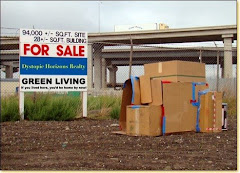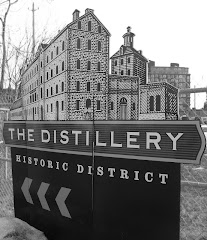Friday, March 13th 11:15-1:00pm
Centre for Ethics, Larkin Building, Room 200
The practice of neo-traditional planning has had an enormous structural and aesthetic influence, over the past thirty years, on local and global environments. Invested as much in (dreams of) social engineering as in bricks and mortar, it makes the claim that it can create not merely "place," but a socially cohesive, ethnically diverse, and ecologically viable urban environment. Despite the progressive sheen, the communities at its heart are firmly rooted in the past, most often wrapped in myths about the beauty and “healthiness” of small town life. Thus far, however, neo-traditional planning has utterly failed to vindicate its own political claims. Indeed, recent empirical evidence shows that social cohesion is strongly correlated not with ethnic and economic diversity but with socio-economic homogeneity. How can we understand and account for this yearning for a romanticized past - against the background of today's fractured mega polis that seem to have actually replaced small towns as well as against the background of today’s reservations against utopias?
Margaret (Peggy) Kohn (Political Science, UofT): "Dreamworlds of Deindustrialization"
Emre Gonlugur (Art History, UofT): "The Alluring Cul-de-Sacs of Contemporary Urban Experience: The Gated Communities of Istanbul"
Frank Cunningham (Philosophy, UofT): "Triangulating Utopia"
Discussant: Dan Silver (Sociology, UTSC)
Lunch will be served from 1pm-2pm
skip to main |
skip to sidebar














Conference Registration



Dystopic Horizons Realty


Industrial Ruins...beautified


Urban Nature


Right to the City

This event is organized by:
Prof. Peggy Kohn (U of T, Political Science)
Margaret Haderer (U of T, Political Science)
Mike Varey (U of T, Law)
Margaret Haderer (U of T, Political Science)
Mike Varey (U of T, Law)
Contact:
toronto DOT workshop2009 AT gmail DOT com
